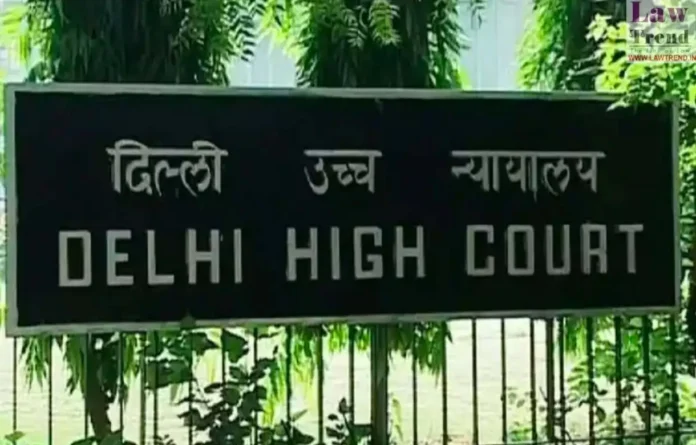The Delhi High Court held that Muslim personal law cannot supersede the provisions of the Protection of Children from Sexual Offences Act (POCSO) or BNS (BNSS). The case arose when a Muslim man, accused under Sections 363 and 376 of the Indian Penal Code and Section 6 of the POCSO Act, applied for bail after marrying a girl who had been assaulted by her stepfather.
The prosecutrix was allegedly 14 when she bore a child as a result of that assault, and the accused contended that their marriage should be treated as valid under personal law.
The court observed that whether the girl had undergone precocious puberty, whether her consent could be retroactively validated, or whether the marriage was valid under Muslim personal law, such questions cannot be resolved during bail hearings.
The judge emphasized that personal laws cannot override central statutes expressly enacted for child protection. While noting that in some earlier judgments (like K. Dhandapani), a more flexible approach was adopted in rare circumstances, the court made clear that such decisions cannot serve as binding precedent in the face of statutory mandates.
In the case before it, the bench accepted the accused’s argument that he had believed in good faith that his spouse was of legal age, given her bearing a child and her seeming physical maturity. This belief was held despite conflicting contentions regarding her age. The court granted bail after highlighting procedural concerns under BNS and the mandatory nature of child protection provisions.
The ruling sends a strong signal that in matters involving crimes against minors, statutory protections like POCSO must take precedence over religious or personal law claims. The Delhi High Court affirmed that personal laws cannot be invoked to dilute or nullify the safeguards meant to protect children.


